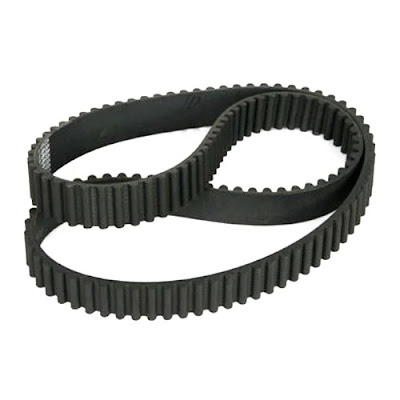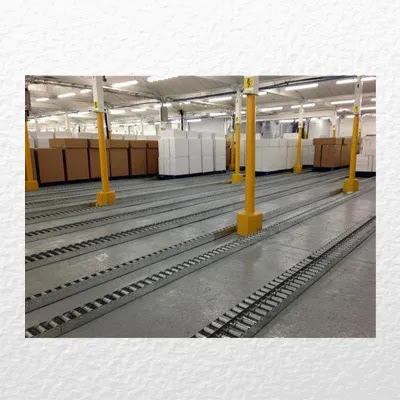6 Types of Industries where Rubber Timing Belts are used Widely

Rubber timing belts are used in a variety of applications across various industries. Here are some of the places where rubber timing belts are commonly used: Automotive Industry: Rubber timing belts are used in cars and other vehicles to synchronize the rotation of the crankshaft and camshaft. This helps in efficient power transmission and ensures smooth engine operation. Industrial Machinery: Rubber timing belts are used in various industrial machines like printing presses, packaging machines, and CNC machines. They are used to transfer power from the motor to the machine components with high precision and efficiency. Agriculture: Rubber timing belts are used in machineries like tractors and harvesters. They help in transferring power from the engine to the various components of the machine, enabling efficient operation. HVAC Systems: Rubber timing belts are used in HVAC (Heating, Ventilation, and Air Conditioning) systems to transfer power from the motor to the blower and ...

